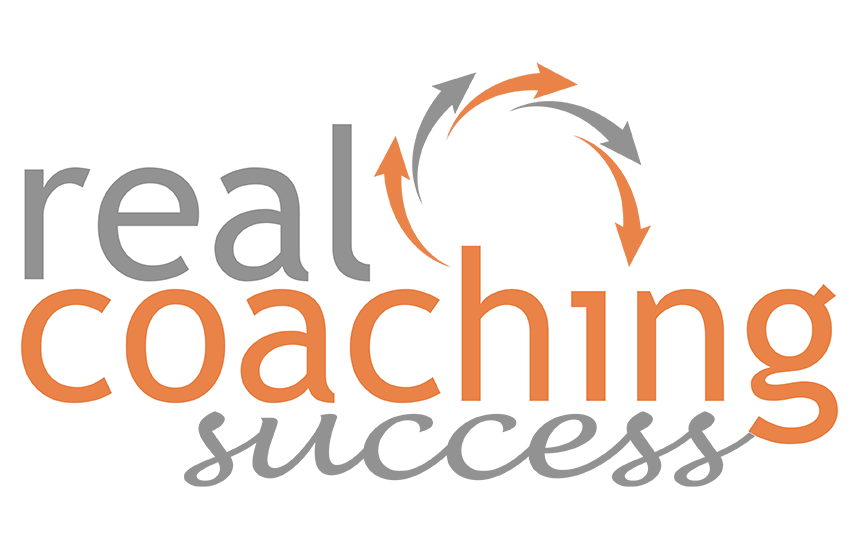By Dr. Nathan Baxter, Executive Leadership Coach
Utilizing your unique coaching style is exhilarating. Discovering it can be a little challenging.
We, along with all the coaches we have trained, have guided almost 10,000 people through what we call a “timeline exercise.” The initial version of our exercise was our first — and only — coaching tool, and we used it ten years before we launched our company. After the first few hundred, we noticed a surprising pattern.
We, and our coaches, don’t push for information; we simply let the client share what comes to mind about certain periods of their life. What surprised us was how clients — across all demographics — rarely shared the positive moments of their lives, but consistently told us about the painful moments.
We consistently refined the process to make sure we weren’t somehow leading them to share about hurtful, discouraging, or upsetting milestones. And still the results were the same. We had to make sense of this. After months and years of pondering and research, we landed on this conclusion:
Your most powerful life messages come from what you learned from your pain.
When addressing a certain moment or season in a client’s life, we will often ask, “You learned something profound from this — that no one can take away from you — didn’t you?” For fellow faith-based clients, we help them answer the question, “What did God teach you through that experience, spirit to spirit?”
But we also make the crucial distinction that experience is not the best teacher. Rather, evaluated experience brings knowledge, wisdom, and personal growth. In coaching, we not only identify life-shaping events, but we then probe to see if clients have evaluated the experience, by asking them:
- What did you learn about yourself through the experience?
- What did you learn about others?
- What did you learn about life?
Regardless of the take-away, when a person talks about pivotal seasons of life which involve pain, they demonstrate a remarkable power on that subject, which can also be used to help others.
What are your power messages?
If you are going to coach, you must discover what your power messages are. Power messages come from your own evaluated experiences and are essential tools to help you achieve your coaching objectives with a client.
Every coach has to work on universal coaching skills, tools, training, and knowledge — but they need to work equally hard to discover what is unique to them, because you want to give the client the very best version of you,
If I’ve taken you through our latest timeline exercise, I’d quickly begin to see patterns in how you approach life and work: your signature style. If I went back and reviewed your story, we’d probably find that something you learned in your journey was a major driver in how you operate — and a potential source of tremendous power which helps you today.
Your power messages are life lessons you’ve learned through your story. Experience in a certain area of life and work brings authority. Every coach needs to know their power messages and be able to use them during a coaching engagement.
“Story” is a word that normally applies to past events, but in coaching we also refer to being intentional about writing your future story. This is the essence of coaching: doing the work to help the client look to the future and become intentional about taking steps to get there — with the help of a coach.
Conversely, if you haven’t properly recovered from a significant pain in your past, it can skew your perspective and lessen your ability to coach well.
Coaches need to have a firm grasp on their own story, in order to help someone move their story forward. It’s always a powerful moment in a session when a coach is able to say, “Let me tell you what I learned when I went through a similar situation.”
Those who lead themselves well are usually people who have great perspective on their life — where they’ve been, where they are today, and where they are going.
Your story can give you power, and your power informs your signature coaching style.
Your style and your story informs who you’ll best be able to coach.
Want to learn more, check out Dr. Nathan Baxter & Dianne Baxter’s new book, Real Coaching Success: What it takes to be an Excellent Coach and Build Your Business.
